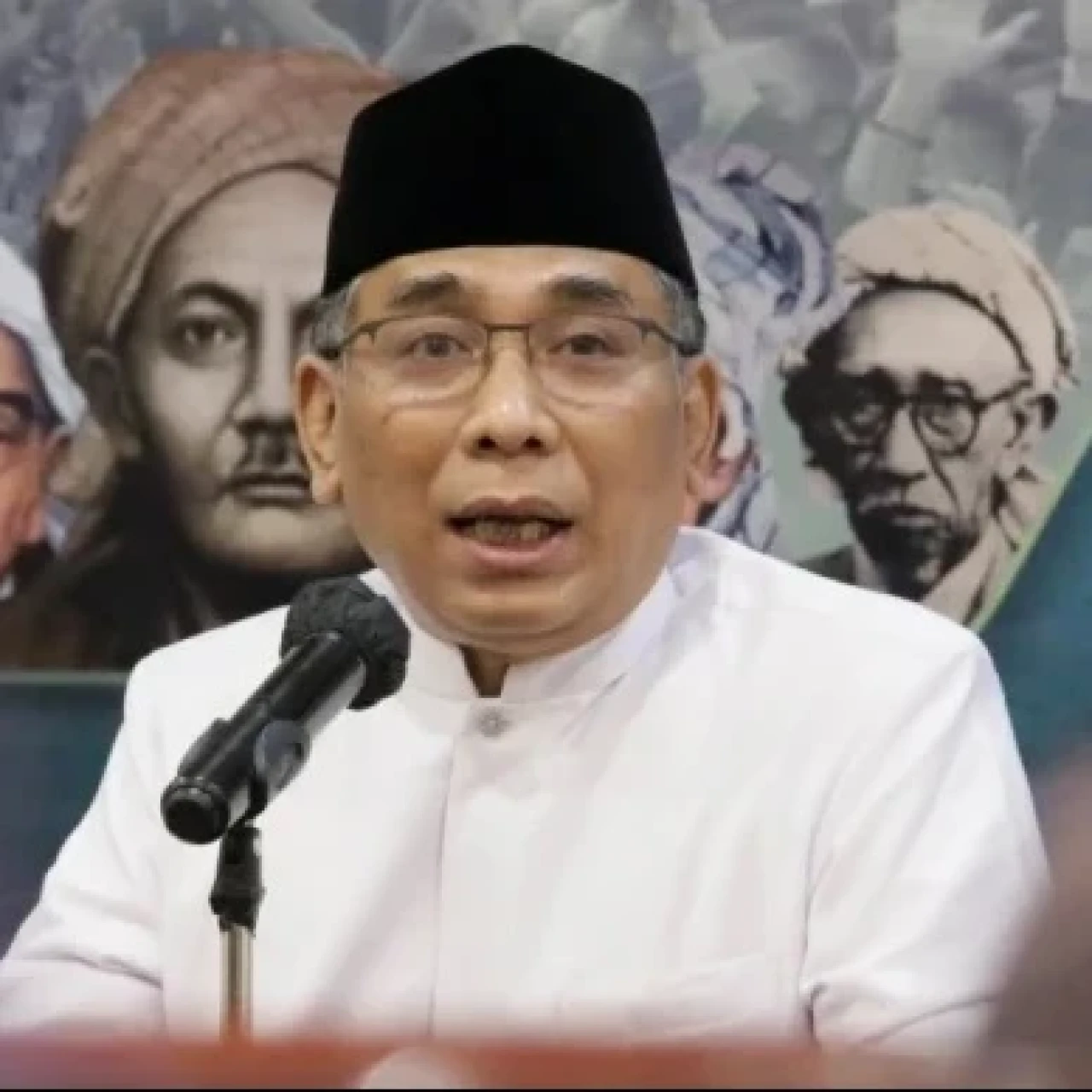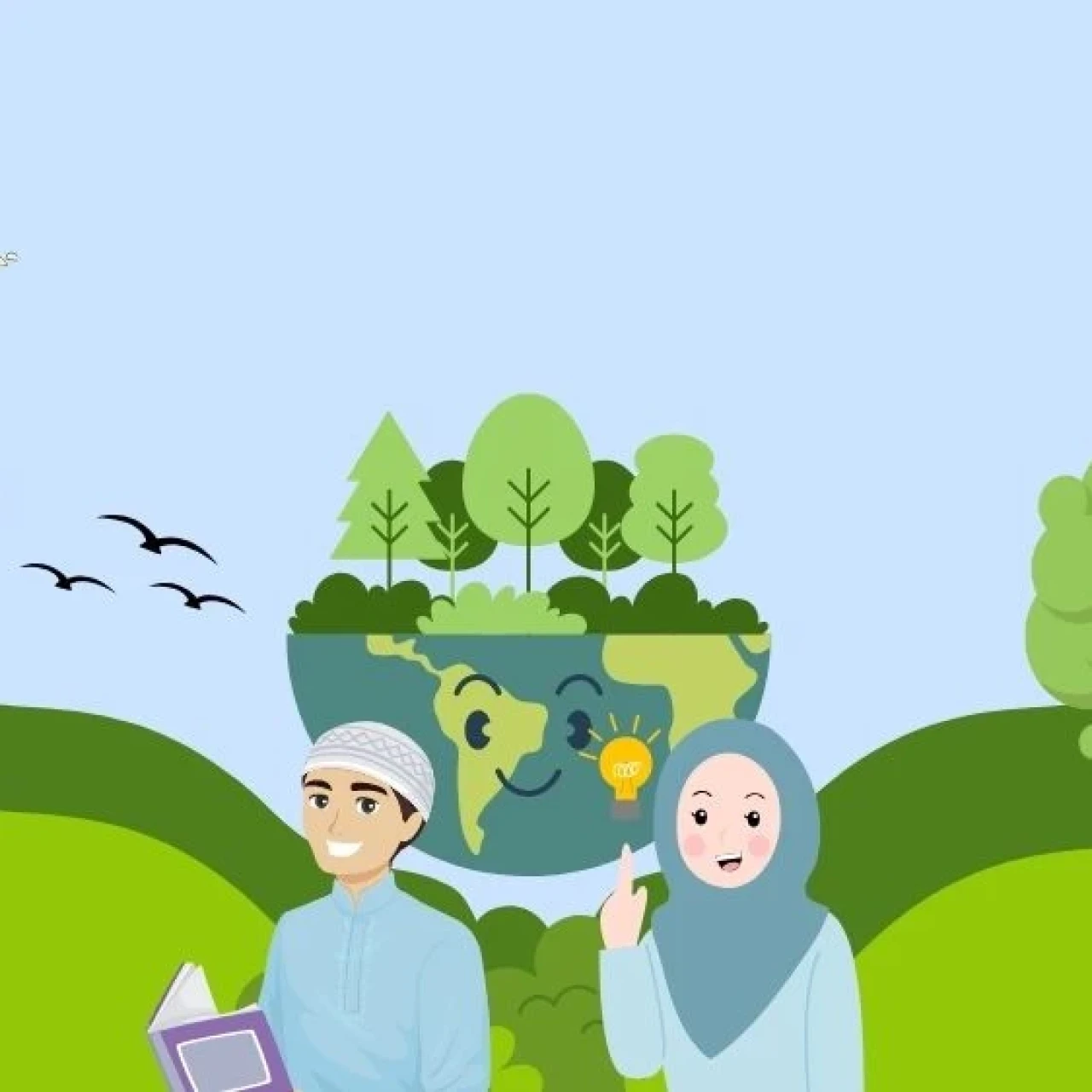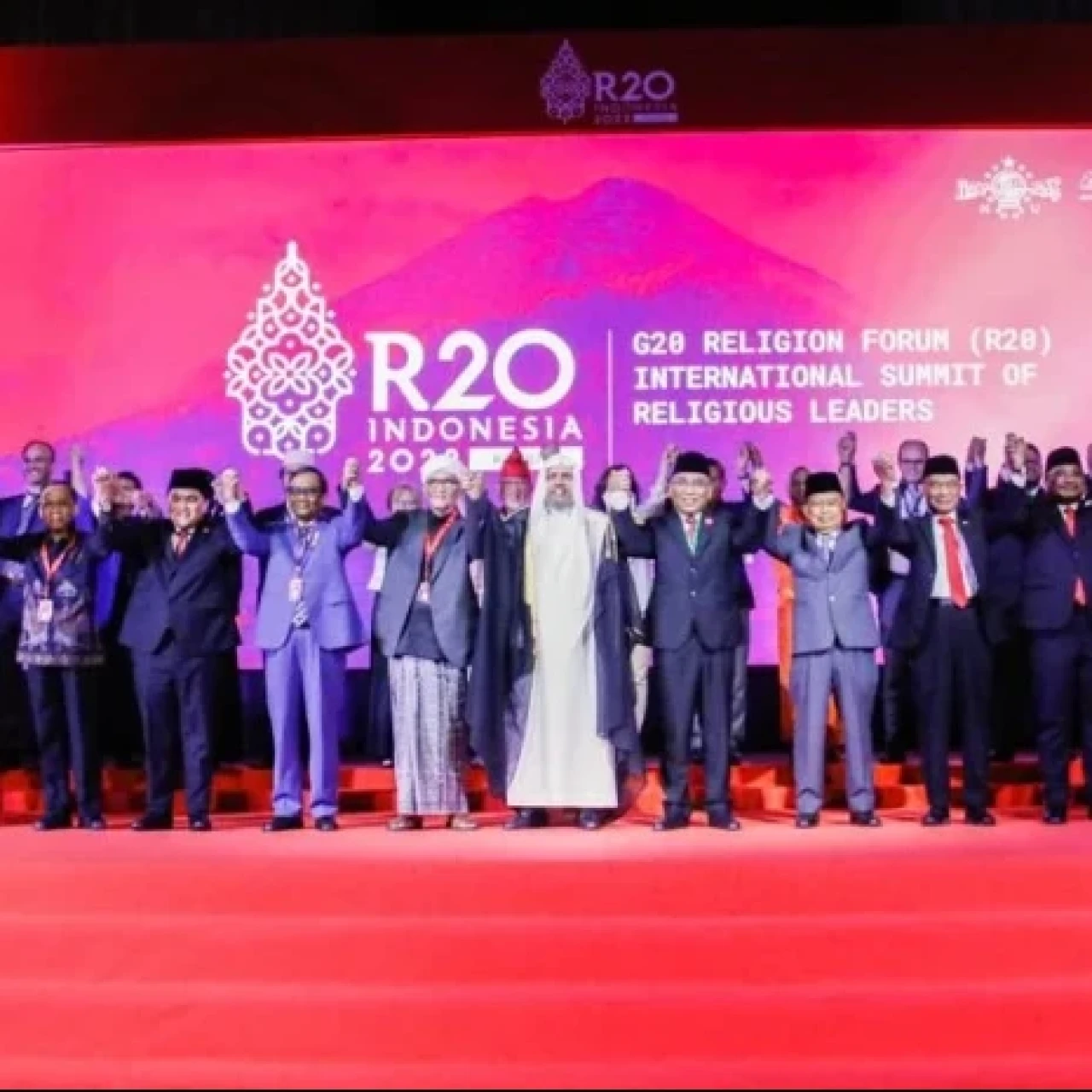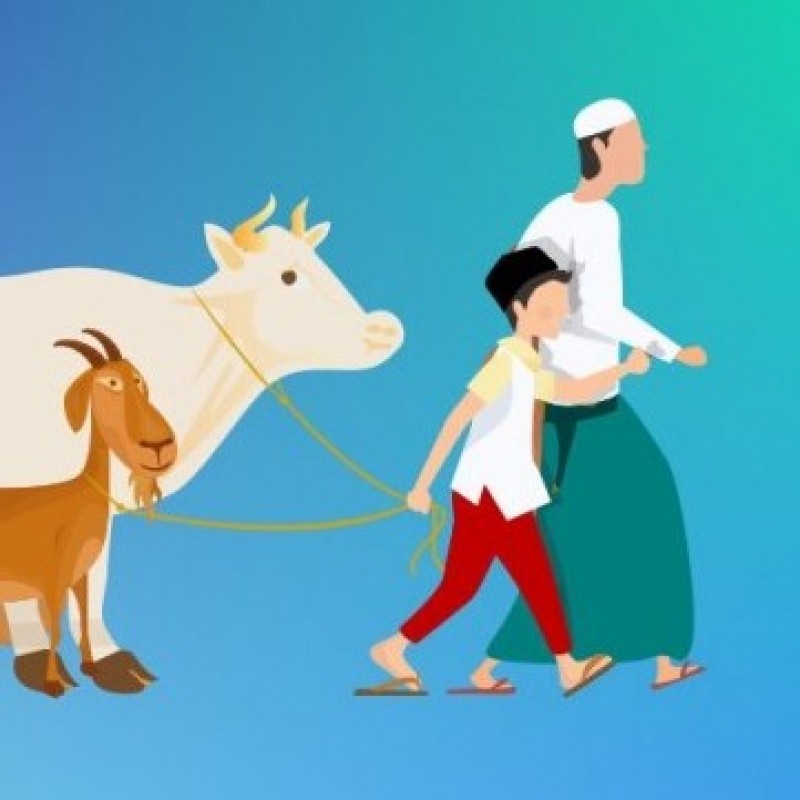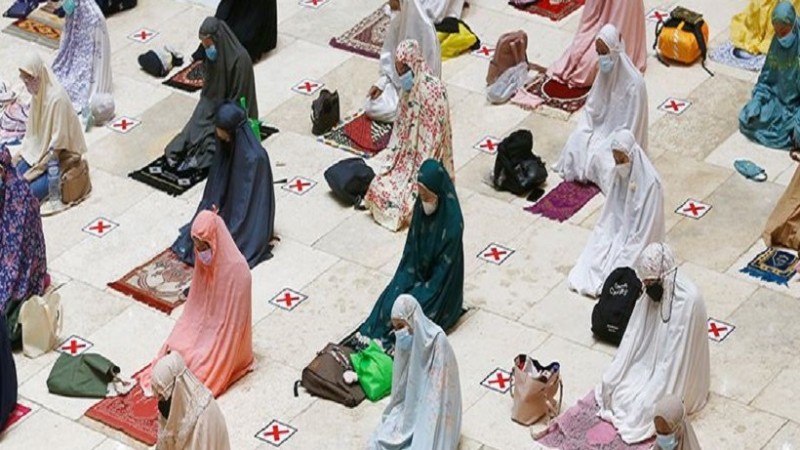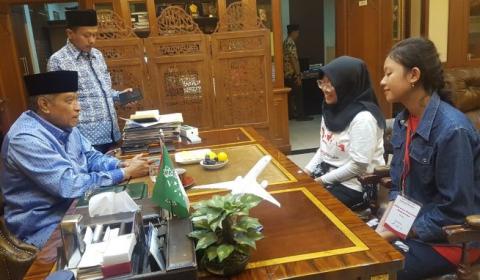Peace building and conflict prevention are important issues in our time. The United Nations and other international and regional bodies are active in many regions in conflict around the world, including civil society organizations in this country like Muhammadiyah and Nahdlatul Ulama (NU).
Given the importance of peace building and conflict prevention work, Nahdlatul Ulama (NU) as the Indonesia’s biggest Muslim organization, this week, will hold its third International Conference of Islamic Scholars (ICIS) with the theme, ‘Upholding Islam as Rahmatan lil ‘Alamin: Peace Building and Conflict Prevention in the Muslim World’ at the Jakarta’s Borobudur Hotel.<>
The conference will be attended by some 350 participants including religious leaders, Islamic scholars, researchers, and so on from 70 countries. All the participants are expected to take such commitment to global peace especially in the Muslim world.
Conflicts occurred in Muslim countries are due largely to the struggle of economic resources (natural resources and many other economic potential) and politics. Nevertheless, also worthy of mention in this respect is that religion and culture have also taken part in supporting the emerging conflict. Political, economic, religious, and cultural issues have become the deep roots of every conflict.
Various peace efforts have been conducted locally, regionally and internationally. Unfortunately, most Muslim countries have not yet achieved a much-awaited peaceful society. As one of references of Muslim community (ummat) in Islamic countries, Muslim scholars (ulema) have an important and significant role in creating peace.
So far this big potential has not yet been well managed. The role of ulema in this context is not only to reach conflict resolution but also to prevent the conflict itself. In their position, ulema have authority, legitimacy and influence in social life. Therefore, the contribution of ulema along with their social organizations in peace building and conflict prevention should be constantly and functionally explored and developed.
In this respect, the ulema should actively promote the importance of a comprehensive approach on conflict prevention, peace-building, and development. In these efforts there has been increasing recognition of the socio-economic sources of violent conflict and the urgent need for addressing them.
The sources of conflict are pervasive and deep. To reach them will require our utmost effort to enhance respect for human rights and fundamental freedoms, to promote sustainable economic and social development for wider prosperity, to alleviate distress and to curtail the existence and use of massively destructive weapons.
For that reason, NU as the organization established by ulema which promotes such values as moderation (tawassuth), balance (tawazun), and tolerance (tasamuh) will all of the time contribute in peace building and conflict prevention. As the evidence of upholding Islam as Rahmatan lil ‘Alamin’ (blessing for the universe), NU has always called on all people to implement religious values in this uncertain world in order to create a balance of global order.
In this respect, NU is expected to be one of actors capable of contributing to peace building and conflict prevention especially in the Muslim world by promoting the importance of collaboration among the nations in order to further universal respect for justice, for the rule of law and for the human rights and fundamental freedoms which are affirmed for the peoples of the world.
Through its scholarly forum, NU will call on all participants to have commitment to human rights with a special sensitivity to the conflicts in the Muslim world in addition to have sensitivity to those of minorities, whether ethnic, religious, social or linguistic.
This conference is aimed at giving a binding recommendation for individuals, organizations, or participating countries to create a peaceful world order without conflict and violence. In addition, it will also produce a plan of action including sharing and cooperation between participating countries to hold mediation activities, namely, consultation and assistance for countries which are now facing any emerging conflicts.
The writer is committee of the 3rd International Conference of Islamic Scholars and researcher of the Global Future Institute Jakarta.
Terpopuler
1
LBH Ansor Terima Laporan PMI Terlantar Korban TPPO di Kamboja, Butuh Perlindungan dari Negara
2
Dukung Program Ketahanan Pangan, PWNU-HKTI Jabar Perkenalkan Teknologi Padi Empat Kali Panen
3
Menbud Fadli Zon Klaim Penulisan Ulang Sejarah Nasional Sedang Uji Publik
4
Guru Didenda Rp25 Juta, Ketum PBNU Soroti Minimnya Apresiasi dari Wali Murid
5
Gus Yahya Sampaikan Selamat kepada Juara Kaligrafi Internasional Asal Indonesia
6
Kurangi Ketergantungan Gadget, Menteri PPPA Ajak Anak Hidupkan Permainan Tradisional
Terkini
Lihat Semua



